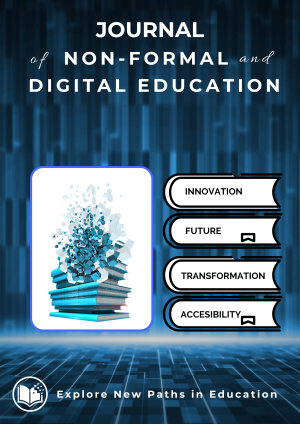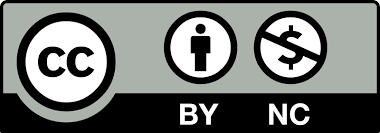A sustainable future - the recent goal in education
DOI:
https://doi.org/10.63734/JNFDE.01.02.003Keywords:
Sustainability, Green teaching, Innovative classAbstract
Sustainability has become a serious goal of education, and the principles of sustainability have started to be integrated into the secondary education curricula. However, formal education rarely addresses this concept thoroughly and unfortunately students approach sustainability mostly at theoretical level. As a result, it is imperative that besides knowledge, students should be equipped with skills and behaviours to help them take the best decisions and further the best actions with a view to sustainability, to the benefit of the planet and of themselves.
Sustainable and green education initiatives represent a generous potential for teaching and ensures the degree of curiosity and satisfaction that students have become to lack nowadays when it comes to the classroom environment. Students make better acquisitions by means of "learning by doing" strategies and often their feedback after an interactive class is more than enthusiastic.
This article is the result of a gradual endeavour in introducing the principles of sustainability in the English class and further during the Green Week program in order to create positive behaviour acquired in an interdisciplinary environment. The experience is relevant for teachers of foreign languages who are interested in adding relevant content both to the curriculum and to the extra- curricular areas, with a view to economic, social, environmental and cultural development.
The article describes activities developed during the English classes as well as during the Green Week program with focus on the practical character and the integration of science within the foreign language environment.
References
American Chemical Society. (2020). Build a lemon battery. ACS Chemistry for Life. https://www.acs.org/content/dam/acsorg/education/outreach/kidszone/kids-zone-build-a-lemon-battery.pdf
BBC. Extracting DNA from fruit. BBC Bitesize. https://www.bbc.co.uk/bitesize/guides/z3mbqhv/revision/4
Gherasim, D. (2024). Perceptions and representations of Romanian school teachers regarding the design and implementation of didactic activities in the perspective of outdoor education. Research and Education, 11, 41–55. https://doi.org/10.63467/red.11.2024.art3
Novo‑Corti, I., Badea, L., Țîrcă, D. M., & Aceleanu, M. I. (2020). A pilot study on education for sustainable development in the Romanian higher education system. International Journal of Sustainability in Higher Education, 21(3), 429–444.
UNESCO. (2021). Education for sustainable development: A roadmap for strengthening global action. UNESCO Publishing.
Voiculet, A. & Manole, S. (2023). Education For Sustainability - Priority In Education In Romania. Annals - Economy Series, Constantin Brancusi University, Faculty of Economics, vol. 6, pp 150-158.
Published
Issue
Section
License
Copyright (c) 2025 Journal of Non-Formal and Digital Education

This work is licensed under a Creative Commons Attribution 4.0 International License.















